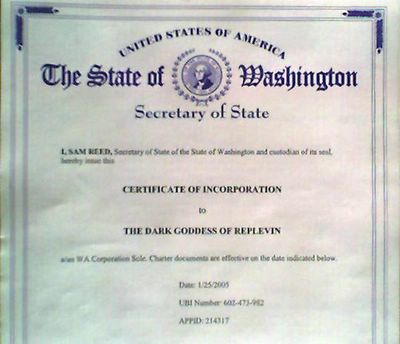
After class
I find that the discussions I have with clients fall into broad categories whose themes I have come to perceive only gradually over time. Most recently I have been discussing the role of reason and emotion in decision-making: cautioning clients who appear compelled to make decisions that are purely emotional, and cautioning in equal measure clients who pride themselves on being purely rational.
Obviously, making financial, etc., decisions purely on emotion is dangerous in litigation. Many clients are surprised to hear me caution against the other extreme as well. But I have learned well the lesson of Phineas Gage, whose fascinating tale opens Anthony Damasio's book Descartes' Error (link in post title).
Gage was a nineteenth-century railroad man who survived a gruesome accident involving a tamping iron that went through his head, severing the part of his brain that governed his emotions. One would predict that the emotionless Gage would have had a rational life filled with sensible choices thereafter. The opposite was true. In fact, emotion is one component of "thinking." Building on Gage's experience, modern studies of the brain and brain damage have demonstrated that the "mind" depends on complex interaction between brain and body and that emotion and rationality cannot be separated, indeed can't exist separately.
To make matters even more complex than I generally do for clients, because our brains are assembled from three layers, reptilian, limbic, and neocortical, makes the integration of all the data we use for decisionmaking particularly complex. A single important decision (for that matter, even an unimportant one) can draw on all levels of the brain for input.
The Dalai Lama may have said it best when he said words to the effect of, honor your emotions, feel your emotions, cherish your emotions, but don't use them as a sole basis for making a decision.

No comments:
Post a Comment